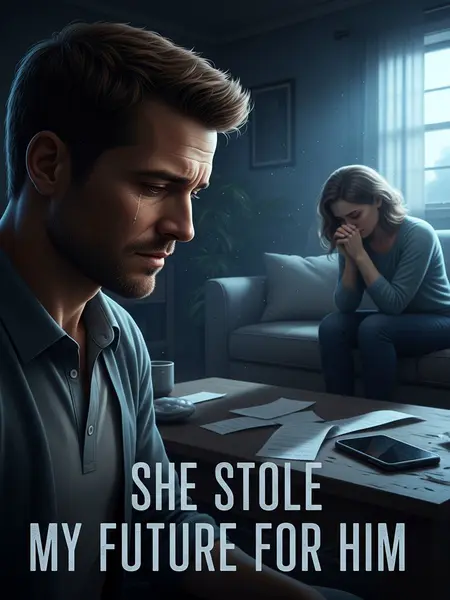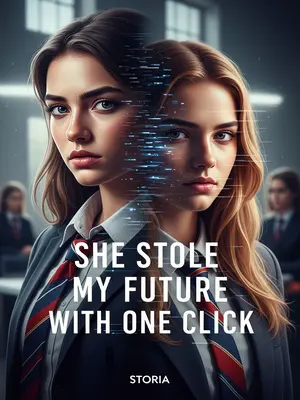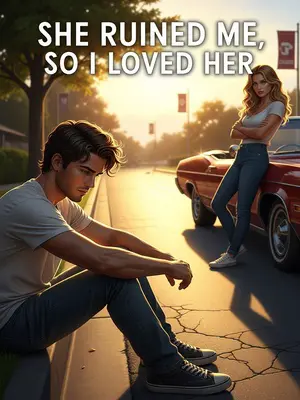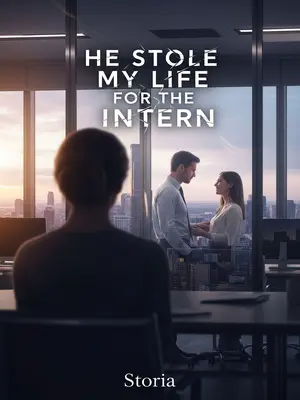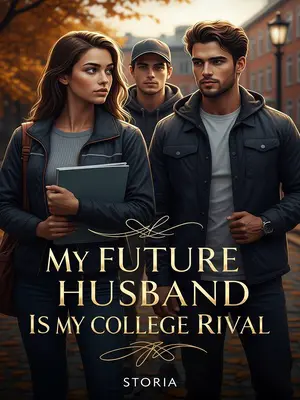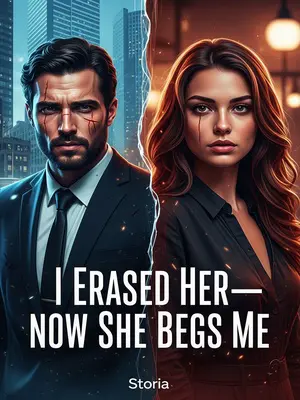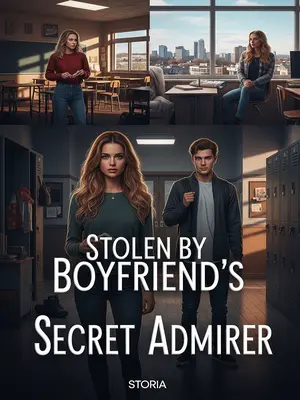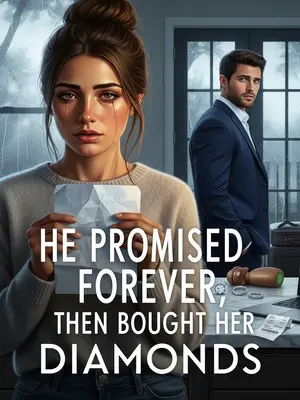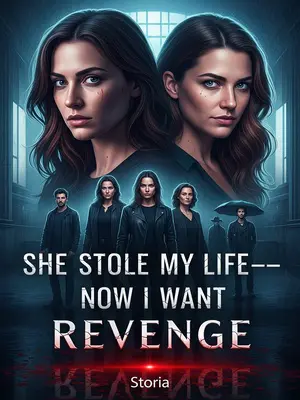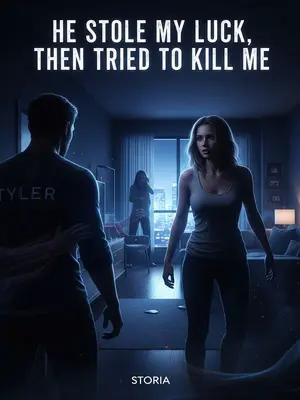Chapter 2: Odds, Sacrifice, and Shattered Hope
A few days later, I got a message from an old college friend.
I was grading papers late at night, the kitchen clock ticking loudly, when my phone buzzed. It was a welcome distraction from the tension at home.
The pop-up read: “Three embryos fertilized this time. With the one from last time, we can move on to embryo culture and genetic screening.”
I let out a breath I didn’t know I was holding. For the first time in weeks, hope flickered in my chest. Maybe things were finally turning around.
“Also, because of your wife’s last miscarriage, she needs a hysteroscopy and fibroid removal before we can do the embryo transfer.”
My heart clenched at the reminder. I glanced over at my wife, asleep on the couch, her face pale even in the soft glow of the TV. I typed back, my fingers trembling.
I stared at the message, my fingers trembling as I typed, “How much will the surgery and the next round of IVF cost?”
I waited, watching the little typing dots blink on and off. My stomach twisted with anxiety.
He replied quickly: “Surgery plus embryo culture, transfer, and pregnancy support—at least eighty thousand.”
The number hit me like a sledgehammer. I scrolled through my banking app, double-checking the balance, counting every dollar in my head. Eighty thousand. It felt impossible.
I remembered last year, after my wife’s miscarriage, the doctor looked at the test results, his expression grave.
The memory was as clear as day—the sterile smell of the hospital, the beeping monitors, the doctor’s tired eyes. My wife clung to my hand, her grip tight enough to hurt.
“You need to be prepared for this,” he said.
His voice was gentle but firm. I could see he’d had this conversation a hundred times, but it didn’t make it any easier to hear.
What came next felt like arrows stabbing into my heart.
Every word landed like a blow, each sentence worse than the last. My chest ached, my throat dry.
My chromosome analysis showed I had a balanced translocation.
The doctor explained, drawing diagrams on a notepad. I stared at the lines and numbers, barely understanding, but the fear was clear enough.
Only a 1-in-18 chance of having a completely healthy child.” I felt my stomach drop, the odds slamming into me.
A 1-in-18 chance the child would also be a balanced translocation carrier.
The other 16 out of 18 would have abnormal karyotypes—most likely ending in miscarriage or stillbirth.
The odds were brutal.
At that moment, it felt like my mind went blank, like an explosion in my head.
I sat there, numb, the doctor’s words bouncing around my skull. I couldn’t move, couldn’t speak. My wife squeezed my hand, her tears silent but endless.
My wife lay in her hospital bed, tears streaming down her face.
She looked so small, curled up under the thin blanket. I wanted to comfort her, but I didn’t have the words. I felt helpless.
I snapped out of it and asked urgently, “Is there… is there a cure for this?”
My voice cracked. I was desperate, grasping at straws. The doctor hesitated, then shook his head.
The doctor sighed. “It’s not a disease—it’s a genetic defect. There’s no cure right now.”
He looked at us with sympathy, but it didn’t make the news any easier to bear. I felt the world closing in.
He saw how hopeless we looked and tried to reassure us. “Medicine’s come a long way. There are a lot of treatments for infertility. Don’t lose hope.”
He patted my shoulder, his voice kind. “You’re not alone in this. There are options.”
But I was devastated.
I felt hollowed out, like all the light had been sucked from the room. My wife’s sobs echoed in my ears.
My voice was hoarse. “Babe, maybe we should get a divorce. I don’t want to drag you down.”
I could barely get the words out. My throat burned, my eyes stung. I meant it—I wanted her to have a chance at happiness, even if it wasn’t with me.
My wife refused. We’d met through a setup by family friends, but after years of living together, we’d become everything to each other.
She shook her head, wiping her eyes. “Don’t say that,” she whispered. “We’re in this together.”
She leaned on my shoulder, quietly comforting me.
She held me close, her breath warm against my neck. For a moment, I let myself believe we could get through this.
“There’s no such thing as dragging each other down. We don’t talk like that. We’ll get through this together.”
Her words were soft but fierce. I believed her. I wanted to believe her.
“It’s not a terminal illness. Didn’t the doctor say IVF has come a long way?”
She tried to sound hopeful, even as tears streaked her cheeks. I nodded, trying to match her optimism.
I gave a bitter smile and shook my head. “But I heard it’s really expensive. We haven’t even bought a house yet.”
I let out a shaky laugh, the reality of our situation settling in. The future felt so uncertain.
She said, “We’ll find a way. If we have to borrow money, we’ll pay it back slowly.”
She squeezed my hand, her grip steady. “We always do. We’ll figure it out.”
Her comfort washed over me like warmth. My nose stung, and my eyes blurred.
I pulled her close, burying my face in her hair. For a moment, the fear faded, replaced by gratitude for the woman beside me.
I don’t know how I made it through that day. Even now, it feels like a dream.
The hours blurred together—doctors, paperwork, hushed conversations. I remember the way the sun set outside the hospital window, painting the world in gold. It felt like the end of something, but maybe also the beginning.
Later, after consulting an old college friend whose family ran a fertility clinic, I started down the IVF road. With his help, we saved money and avoided a lot of pitfalls.
I owe him more than I can ever repay. He walked us through every step, explained every form, made the impossible seem just a little more manageable.
I was deeply grateful.
Some nights, I’d just sit in the dark, thinking about all the ways he’d helped us, wondering how we’d ever get through this without him. He was the kind of friend you only get once in a lifetime.
Shaking off the memories, I texted back: “Thanks. When the baby’s born, you’re the godfather.”
I added a smiley face, hoping he’d understand just how much it meant to me.
He said, “We’ve been buddies for over a decade. No need for thanks.”
His reply came fast, full of warmth. I could almost hear his voice, teasing me like old times.
